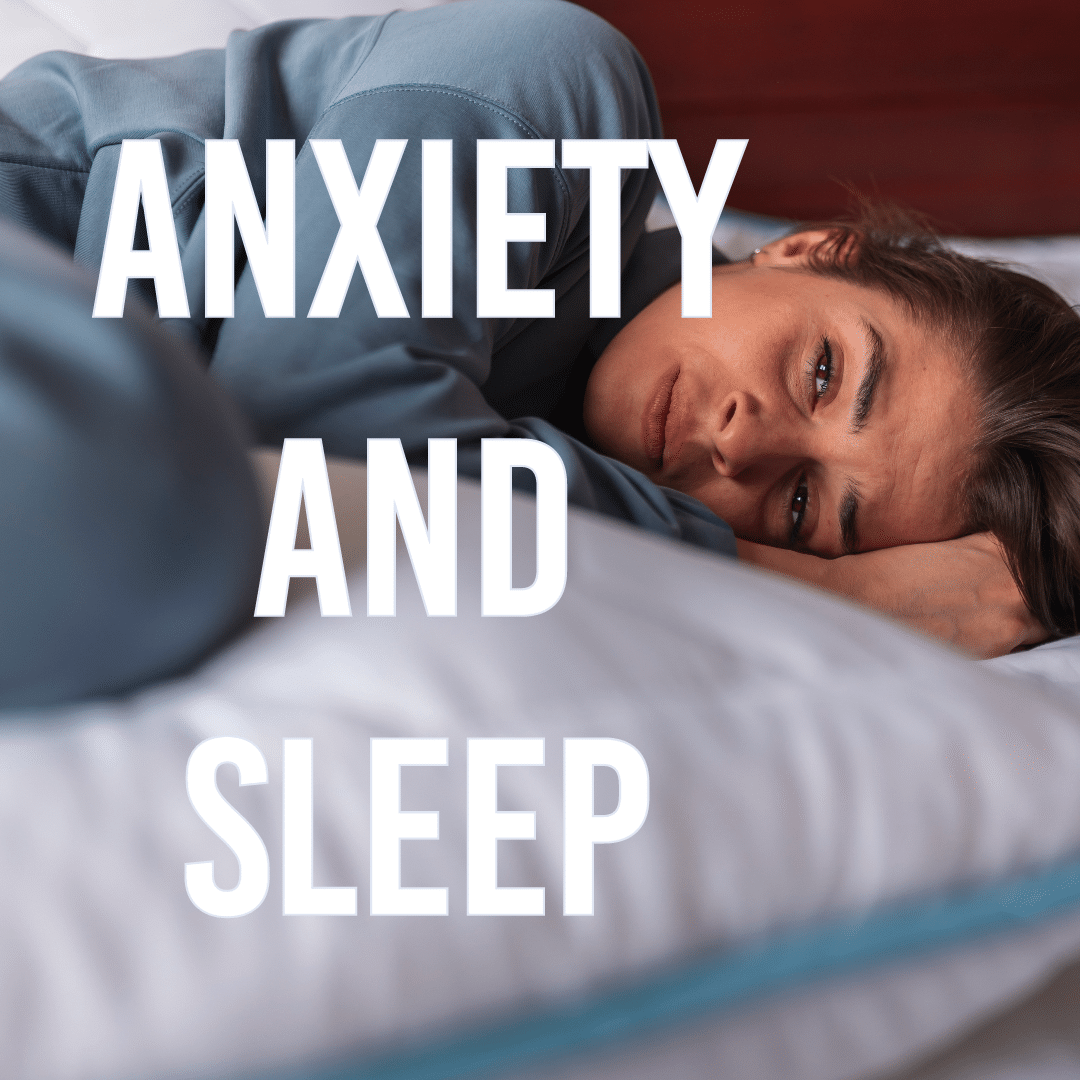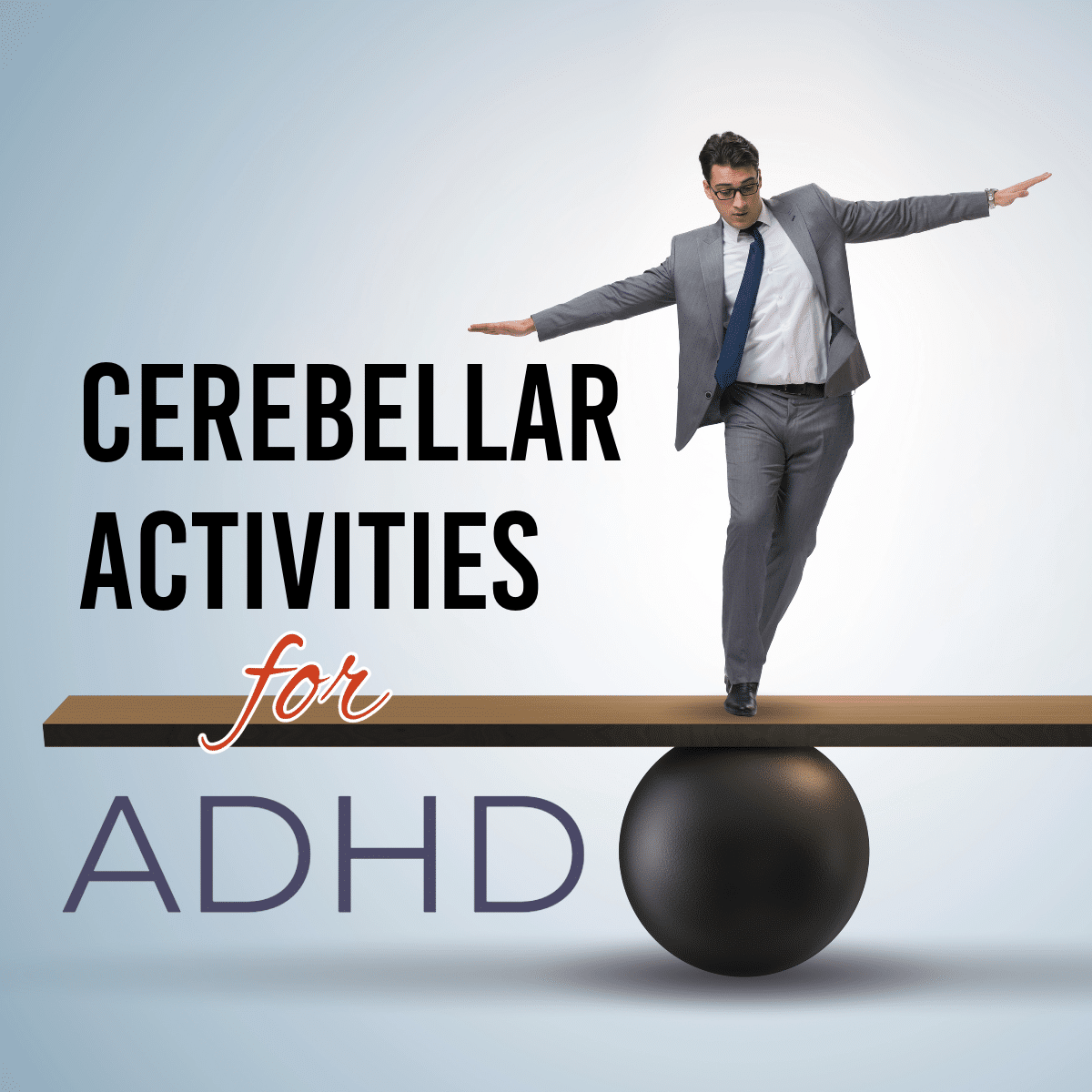Spironolactone, given its side effects, could be considered as another tool for the treatment of alcohol use in certain populations such those with end stage liver disease.
KEY TAKEAWAYS
- Study finds that individuals who are taking more than 50 milligrams of spironolactone per day had a reduction of alcohol consumption.
- Three FDA approved medications to treat alcoholism are naltrexone, acamprosate, and antabuse.
Transcription
Hey everyone, my name is Doctor Bassi.
I’m an addiction psychiatrist and I wanted to talk about a study that could be of relevance to somebody who’s struggling stopping alcohol.
And this study was published 2 days ago on September 20th, 2022 in the Journal of Molecular Psychiatry.
And it was looking at spironolactone.
For those who don’t know, spironolactone is known as Aldactone.
It’s a diuretic and is used to treat high blood pressure via the excretion of fluid.
So an individual who has edema or fluid retention for some reason.
They would be started on spironolactone to diurese them and to have the fluid be released by urination, and it could also be used to treat acne and.
It has some side effects, and we’ll talk about those in a second.
The study was published a couple of days ago, Journal of Molecular Psychiatry, and had two parts to it.
The first part was looking at the behavior of rats when they were taking spironolactone and found that they’re less likely to drink alcohol.
Believe it or not, they were studying their behavior in a in a laboratory setting.
And then the other part of the study was looking at the VA Records, Veteran Administration records.
And found that individuals who are taking more than 50 milligrams of spironolactone per day had a reduction of alcohol consumption.
I think this study is relevant and important because we only have 3 medications that we use FDA approved to treat alcoholism, although we do sometimes use some off label medications like gabapentin, Baclofen to potentially topiramate to reduce alcohol use, but really only three FDA approved.
And so having another tool in your arsenal can be very helpful, especially in a certain patient population.
So I would consider spironolactone and somebody who’s older female, potentially has liver disease, high blood pressure, liver cirrhosis.
And in that population, I would consider it because in a younger population, males, I, you know, think spironolactone has feminization properties where it causes breast tenderness, breast enlargement, lower libido, erectile dysfunction.
And obviously young men would not want that issue.
Even older men, but more likely younger men.
Because they’ll notice those, be more likely to notice those side effects.
So. Helpful study.
Keep it on your on your mind.
We don’t use it very often in psychiatry, but we do sometimes steal all their medications that I have a primary medical purpose and maybe we can consider a standard of care and psychiatry to start using more spironolactone for the treatment of alcoholism.

Should you take Spironolactone treatment, a potassium-sparing diuretic? Spironolactone was first synthesized in 1953 by French scientists Poulenc Frères Laboratories. As a treatment option, it was approved for use as a diuretic in France in 1957 and first used clinically in the United States in 1959. Spironolactone was originally marketed under the brand name Aldactone®. In 1994, spironolactone was approved for the treatment of heart failure.
Prescribed Spironolactone is now commonly used to treat various conditions; high blood pressure, heart failure, hypertension, treat acne, cystic acne, hormonal acne, and edema. It is also prescribed to take Spironolactone for acne treatment. A number of studies have been conducted on the hormonal effect of spironolactone over the years, with mixed results. Spironolactone can cause common side effects. Some studies have shown that spironolactone for acne as an oral contraceptive can be an effective treatment, while others have not found it to be any more effective than a placebo.
If you are struggling with substance or alcohol use, depression, or anxiety, intensive outpatient may be right for you. Contact us at (888) 730-5220 or contact us to begin the process of healing today!

 Bruce Bassi
Bruce Bassi





